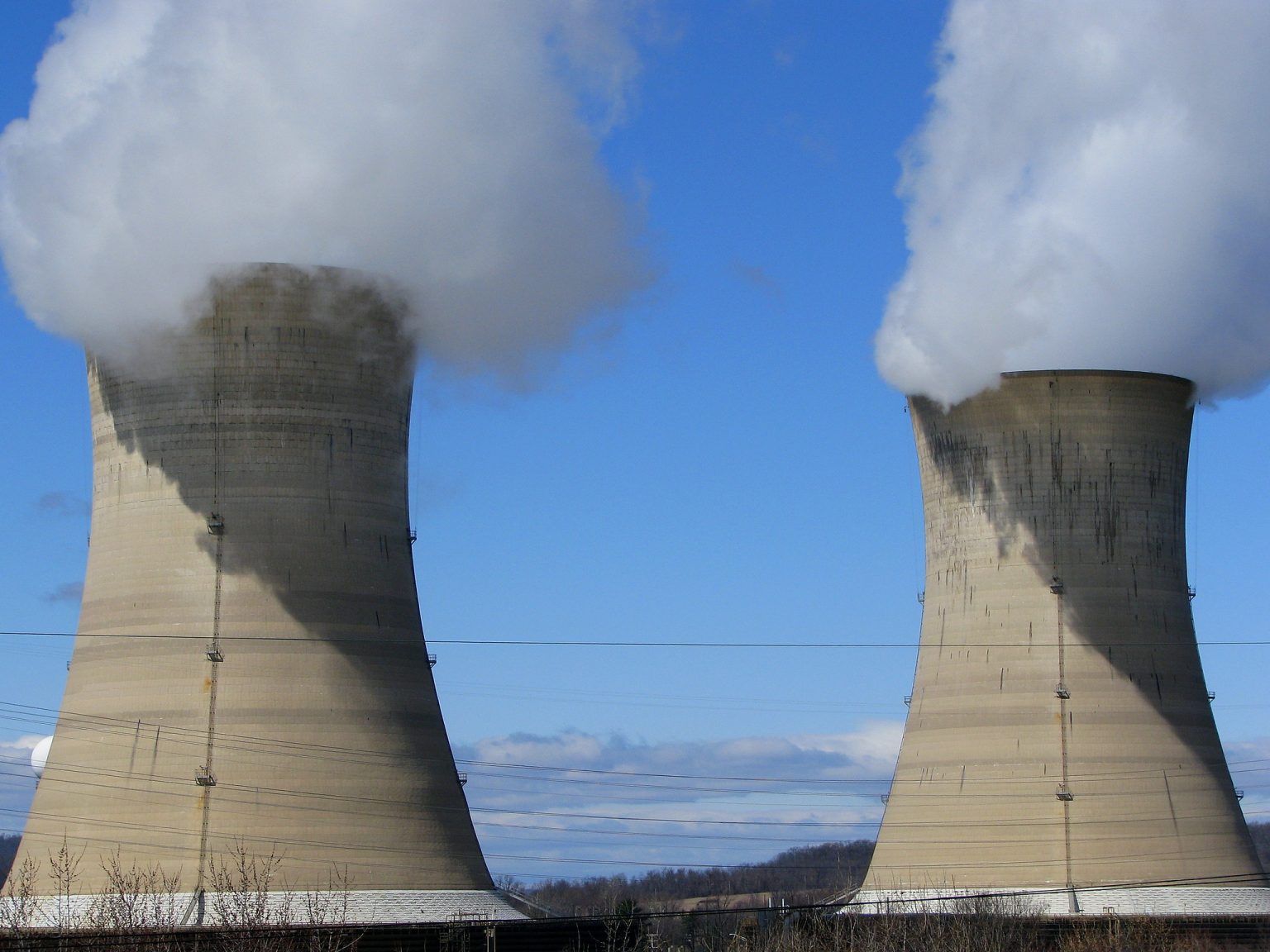Tech companies such as Microsoft are actively seeking new sources of energy to support their growing data center operations. In a recent announcement, Microsoft revealed a 20-year deal with clean energy company Constellation to restart a nuclear reactor at Pennsylvania’s Three Mile Island, which was shut down in 2019 due to economic issues. Through this power purchase agreement, Microsoft aims to help decarbonize the grid, support Pennsylvania’s economy, and advance the clean energy transition. The reactor, TMI Unit 1, is expected to become operational under the new name Crane Clean Energy Center by 2028.
Microsoft’s decision to restart a nuclear reactor is driven by the increasing power demand from the construction of new data centers to support artificial intelligence and generative AI technologies. The company also has ambitious carbon reduction targets that require the addition of carbon-free electricity and capacity to the grids where they operate. As a result, Microsoft is exploring various sources of clean power, including nuclear, wind, solar, and improvements to the grid, as well as emerging technologies like fusion, sustainable biomass, and batteries. Microsoft’s goal is to become carbon negative by 2030, and they believe a multi-technology approach is essential in achieving this target.
In addition to Microsoft, Amazon is also expanding its clean energy portfolio to support its data center growth. Amazon Web Services recently announced a $650 million investment in a data center in Pennsylvania that is connected to a nuclear power plant, providing up to 960 megawatts of carbon-free energy for its operations. Despite these efforts, clean energy supplies are struggling to keep up with the increasing demands of tech company operations, leading to reliance on coal and natural gas for electricity needs in data centers. Both tech giants are taking steps to secure clean energy sources and meet their climate goals.
The decision to restart a nuclear reactor at Three Mile Island reflects the growing importance of clean energy in the tech industry. Microsoft’s partnership with Constellation highlights their commitment to supporting clean energy initiatives, decarbonizing the grid, and contributing to the clean energy transition. By exploring a variety of clean power sources and technologies, both Microsoft and Amazon are working towards reducing their carbon footprint and achieving their carbon reduction targets. The tech industry’s reliance on data centers to support AI technologies underscores the need for sustainable energy solutions to minimize environmental impact and preserve the climate.
Microsoft’s focus on carbon reduction and carbon removal aligns with their goal of becoming carbon negative by 2030, driving their efforts to secure clean energy sources and implement sustainable practices in their operations. The company’s interest in nuclear fission and fusion, as well as other emerging technologies, showcases their commitment to exploring innovative solutions to address climate change. By signing power purchase agreements with clean energy providers and investing in clean energy projects, tech companies are taking proactive steps to support clean energy growth and reduce their reliance on fossil fuels. The collaboration between tech companies and clean energy companies signifies a promising development in the transition towards a more sustainable and environmentally-friendly energy grid.


